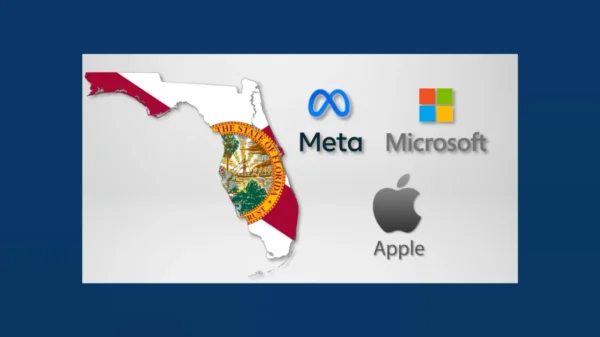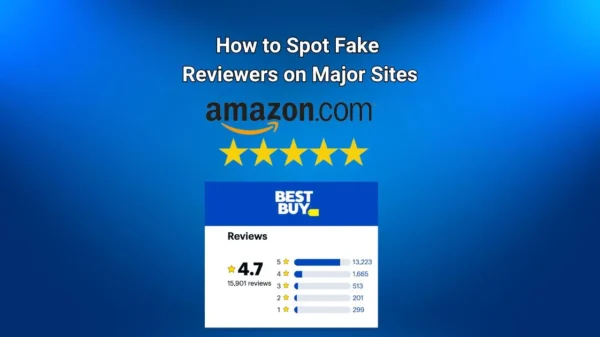It has “upended its vast logistics network to reduce how far packages travel across the U.S. in an effort to get products to customers faster and improve profitability.” If you’ve read this far, you know the company referred to.
If nothing else the title of this opinion piece gave it away. According to a report in the Wall Street Journal, Amazon continues to search for ways to serve its customers better, and more profitably. Of course, some or many who should know better might be wondering why Amazon would have “upended” a logistics network that has earned the Seattle retail giant “monopoly” status.
It’s a good question. And the question is very revealing about bigger things, things that extend beyond Amazon itself. For the longest time academics, those wedded to the laughable notion of “market power,” and those who think government must break up allegedly powerful businesses (oh well, academics it seems), have claimed that the problem with big businesses or those who achieve large size through mergers is that they’ll raise prices once in “control of the market.” No evidence of that with Amazon.
Even though it’s the face of the very internet commerce that increasingly informs how we purchase so much in the way of goods and services, Amazon plainly isn’t raising prices. Instead, it’s aggressively pursuing greater profitabiilty per delivery through improvements of its own system.
Please keep the above in mind with so-called “market power” and “pricing power” top of mind. If ever a company were theoretically positioned to charge more for its essential service, service that’s won it “market power,” that company would be Amazon. Except that Amazon is doing the exact opposite of what academics imagine it and others do “in theory.” It’s working feverishly to enhance its profits not by scrimping on customer service, but buy actually improving it.
According to the Journal report by Sebastian Herrera, Amazon is working to place the items its customers want as close as possible to customers. In Herrera’s words, “Amazon doesn’t move items outside of each region unless it has to.” What this means for customers is that what they generally order is located in a warehouse near them. This means faster delivery times. And as Amazon’s vice president of transportation, Udit Madan, explained it to Herrera, “When we offer faster speeds, customers are more likely to buy something,” only for them to “come back more often to shop with us.”
You see, while Amazon is surely the biggest name in e-commerce, the vast majority of retail sales still take place in person. Americans in particular want things fast. It’s something to think about with Amazon’s promise of free two-day delivery through Prime. While incredibly speedy relative to the past, Amazon’s efforts to improve on two-day delivery with localized warehousing is yet another market signal that the retail giant knows it must greatly improve on what’s already beloved (Prime) in order to truly meet the needs of its customers, all the while adding new ones.
Supposedly monopoly businesses exercise “pricing power” all the while expressing relative indifference to customers who, according to academic theory, have nowhere else to go. How awful. The good news is that particularly here, theory doesn’t measure up to reality. Amazon’s willingness to “upend” what’s made it a trillion-dollar company is its implicit acknowledgement that high margins born of so-called “market power” are a very real opportunity for businesses eager to knock Amazon off of its perch. So is a lack of improvement in general. In other words, a trillion dollar company is in no way resting on its laurels.
Amazon is accused of being a “monopoly” as though that’s a bad thing. But the bigger thing is that by its very actions, it’s apparent that only Amazon knows it’s not a monopoly.
John Tamny is editor of RealClearMarkets, Vice President at FreedomWorks, a senior fellow at the Market Institute, and a senior economic adviser to Applied Finance Advisors (www.appliedfinance.com). His latest book is The Money Confusion: How Illiteracy About Currencies and Inflation Sets the Stage For the Crypto Revolution. This article was originally published by RealClearMarkets and made available via RealClearWire.



















